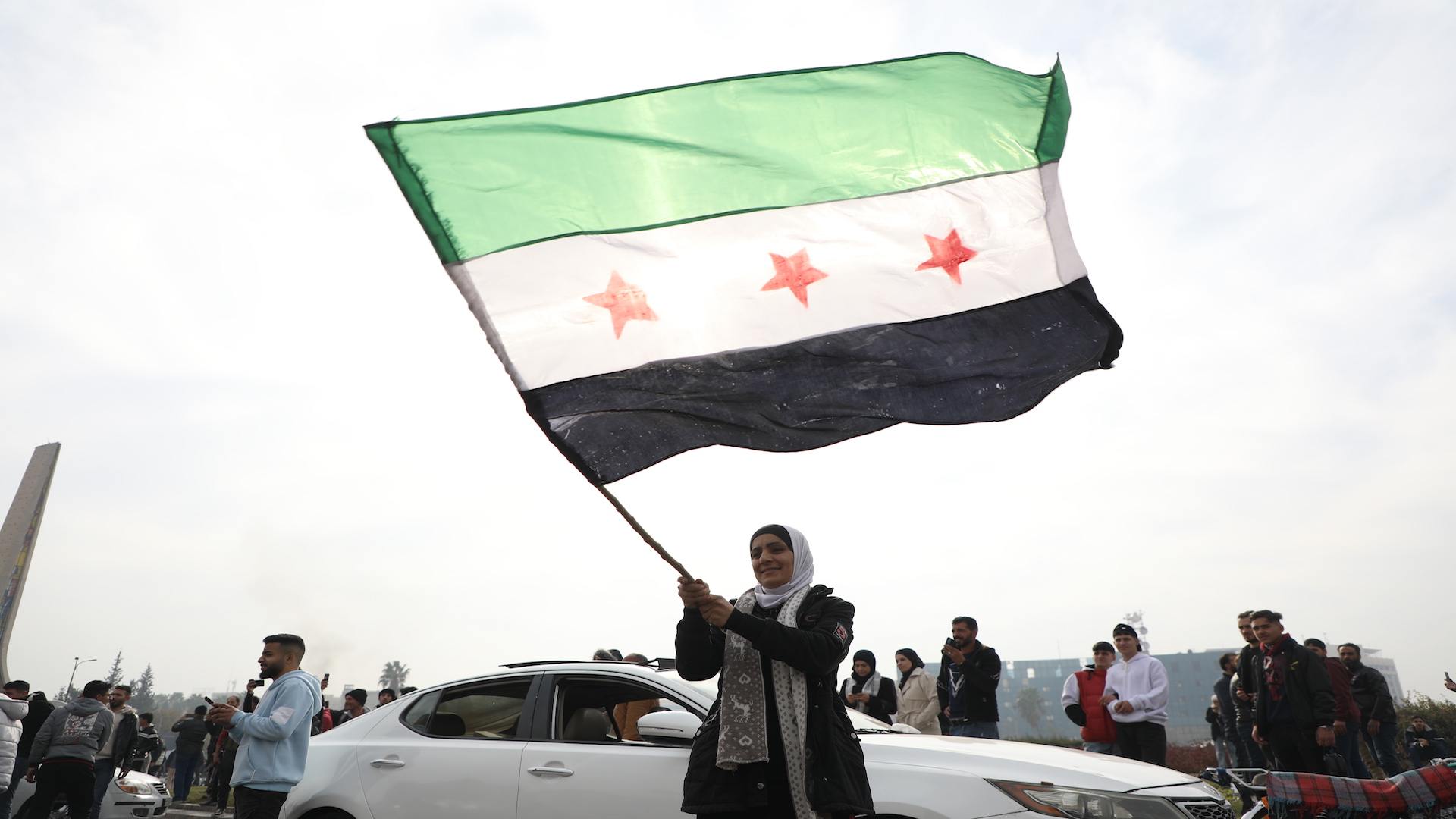Syria: Diplomatic Achievements in the Face of Sovereignty Challenges

The new Syrian leadership has managed to achieve unprecedented diplomatic breakthroughs. From international isolation to the reception of President Ahmad al-Shara in Riyadh and Paris, Damascus has transformed from a pariah state to an accepted regional partner. This transformation was not a coincidence, but rather the result of a larger geopolitical shift:
Gulf relations: Al-Shara was able to reassure Saudi Arabia and Qatar that his project is national and not transnational, opening the door for massive investments and strategic partnerships.
The receptive West: Britain and France led a rapid European opening, while Washington maintained a cautious stance due to Israeli pressures.
Adaptive Russia: Despite the legacy of support for Assad, Moscow began to deal with the new reality, and its foreign minister visited Damascus in a clear signal.
The political breakthroughs were not just diplomatic speeches, but turned into tangible contracts: a Qatari deal to supply Syria with gas via Turkey, a French agreement to manage the port of Latakia, and Saudi and Gulf investments in infrastructure, along with a Kuwaiti contract to purchase a Syrian telecommunications company.
Despite external successes, Damascus faces existential dilemmas internally; the Kurdish north's March agreement with "SDF" remained ink on paper, while separatist demands for a new constitution and independent armed forces are rising.
The new leadership has fallen into the same mistakes as its predecessor by narrowing the ruling base, ignoring opposition currents, and excluding revolutionary forces that could have strengthened legitimacy.
Syria stands at a crossroads: the option of force: a new civil war may erupt if Damascus attempts to assert control over the separated areas. And the option of negotiation: the continuation of the ambiguous political path, with the risk of empowering separatist entities.
The real challenge for the new Syria is not in international relations, but in the ability to build a new social contract that unites Syrians under a unified national identity. Diplomatic successes will remain fragile as long as the state's territories are torn apart.
The question facing Syrians now is: Will their revolution turn into merely a change of faces, or will it be a starting point for a new social contract that preserves the unity of the country and fulfills the aspirations of the revolution.